
Join 10k+ people to get notified about new posts, news and tips.
Do not worry we don't spam!
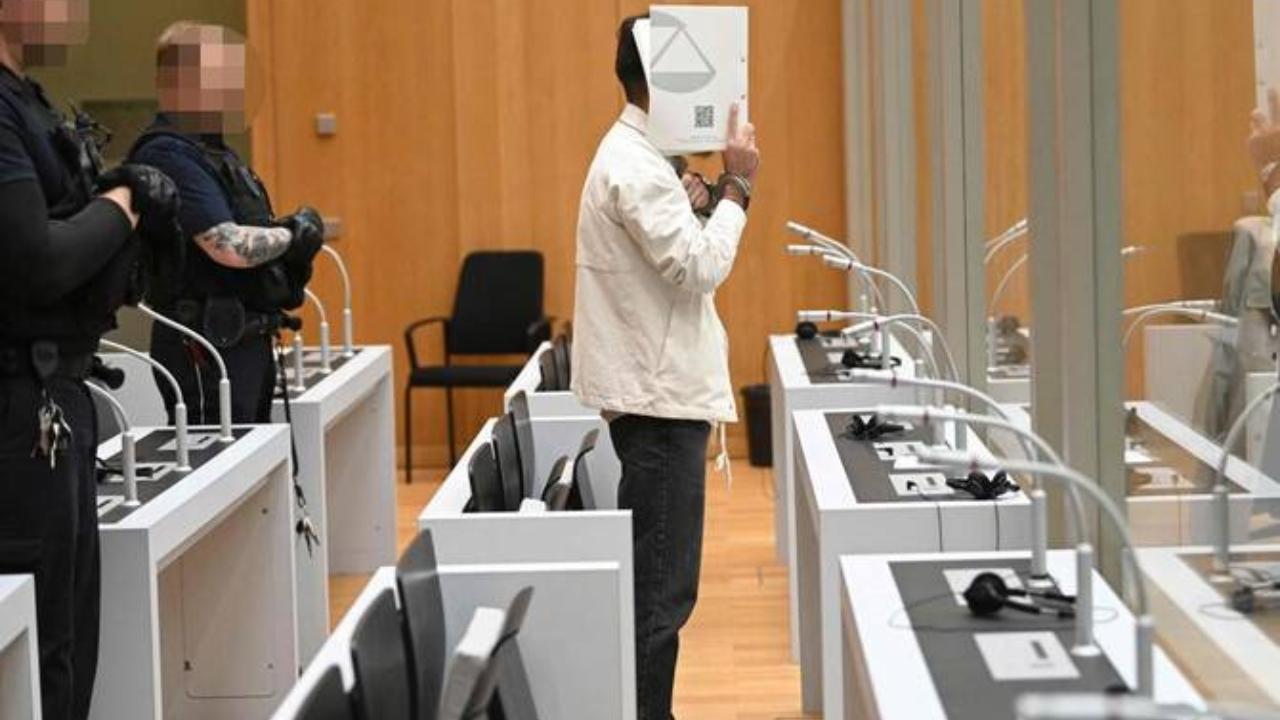
Post by : Minna
Photo:AFP
The sentencing of an Afghan man in Germany to life imprisonment, following a fatal knife attack at an anti-Islam rally, has sparked widespread debate not only about security but also about larger issues of radicalization, social division, and the future of integration in Europe. The ruling, made by a German court, is more than a verdict on a single act of violence—it is a mirror reflecting the challenges modern Europe faces when addressing religious tension, extremism, and immigration.
The Incident That Shocked Germany
The tragedy unfolded in June in Mannheim, a city in southwest Germany. An anti-Islam protest was being held by members of a far-right group, known for its provocative rhetoric targeting Muslim communities. Amid the tense backdrop, an Afghan asylum seeker suddenly launched a violent knife attack.
A 29-year-old police officer, present at the rally to maintain order, was fatally stabbed while trying to protect others. Several more people were injured, sending waves of panic through the crowd. The officer’s death not only shocked the nation but also symbolized the vulnerability of those tasked with ensuring public safety during increasingly polarized demonstrations.
The incident quickly became headline news, stirring emotions on all sides—grief for the slain officer, fear for public safety, and anger over the conditions that allowed such a violent act to occur.
The Court’s Ruling and Its Significance
The German court found the Afghan man guilty of murder, attempted murder, and grievous bodily harm. He was sentenced to life imprisonment with little chance of parole. In German law, a life sentence usually allows for the possibility of release after 15 years, but in this case, the court indicated there would be strict limits on any future release.
Judges described the act as stemming from extremist motives, stressing that the use of deadly violence at a public rally aimed to instill fear. They also framed the ruling as a statement against politically or religiously motivated violence—underscoring Germany’s commitment to upholding democratic freedoms, even in the face of extremism.
This verdict was not only justice for the slain police officer but also a broader warning that ideologically motivated violence has no place in German society.
Political and Social Reactions
The attack triggered a wave of responses from Germany’s political leadership. Chancellor Olaf Scholz called it a “terrible crime” and sent condolences to the officer’s family, promising stronger steps against extremism. Interior Minister Nancy Faeser reiterated the government’s stance that religiously motivated violence—or violence of any ideological persuasion—would be cracked down upon with full force.
The tragedy also amplified existing debates within German society. Right-wing political parties seized the incident to push harder for stricter immigration policies, citing the Afghan background of the attacker. They claimed that violent crimes involving migrants were proof of failed integration policies. Meanwhile, humanitarian groups countered this view, warning against collective blame, emphasizing instead the importance of distinguishing individual acts from entire communities.
This case reignited one of Germany’s long-standing debates: how to uphold the rights of asylum seekers while maintaining public order and preventing radicalization.
The Far-Right, Anti-Islam Protests, and the Cycle of Hate
It is crucial to understand the environment in which this attack occurred. The rally where the stabbing took place was organized by a far-right activist with a record of promoting Islamophobic rhetoric. Such events often heighten tensions between local communities and migrants, creating a toxic setting where violence can erupt.
Germany has witnessed an increase in both anti-Islam demonstrations and hate crimes targeting migrants in the last decade. At the same time, security services have expressed concern about radicalization among certain individuals within immigrant communities, who may feel alienated and turn toward violent ideologies.
The Mannheim stabbing tragically highlighted how these two extremes—the far-right and radicalized individuals—feed into each other, deepening divisions and creating a cycle of mistrust and fear.
The Broader European Context
Though this event happened in Germany, it echoes similar stories across Europe. Questions around immigration, Islamophobia, extremism, and security resonate throughout the continent. Countries such as France, Austria, and the UK have faced similar debates after violent attacks carried out either by radicalized individuals or in the context of protests targeting minority communities.
These incidents are used by far-right political forces to stoke fears, often leading to demands for harsher immigration rules. On the other hand, communities advocating for multiculturalism and integration stress the need to address root causes like marginalization, unemployment, and the lack of support for migrant youth.
Europe finds itself in a difficult balancing act—between inclusivity and security, integration and vigilance, freedom of speech and the dangers of incitement.
#Afghan #manlife #Germany
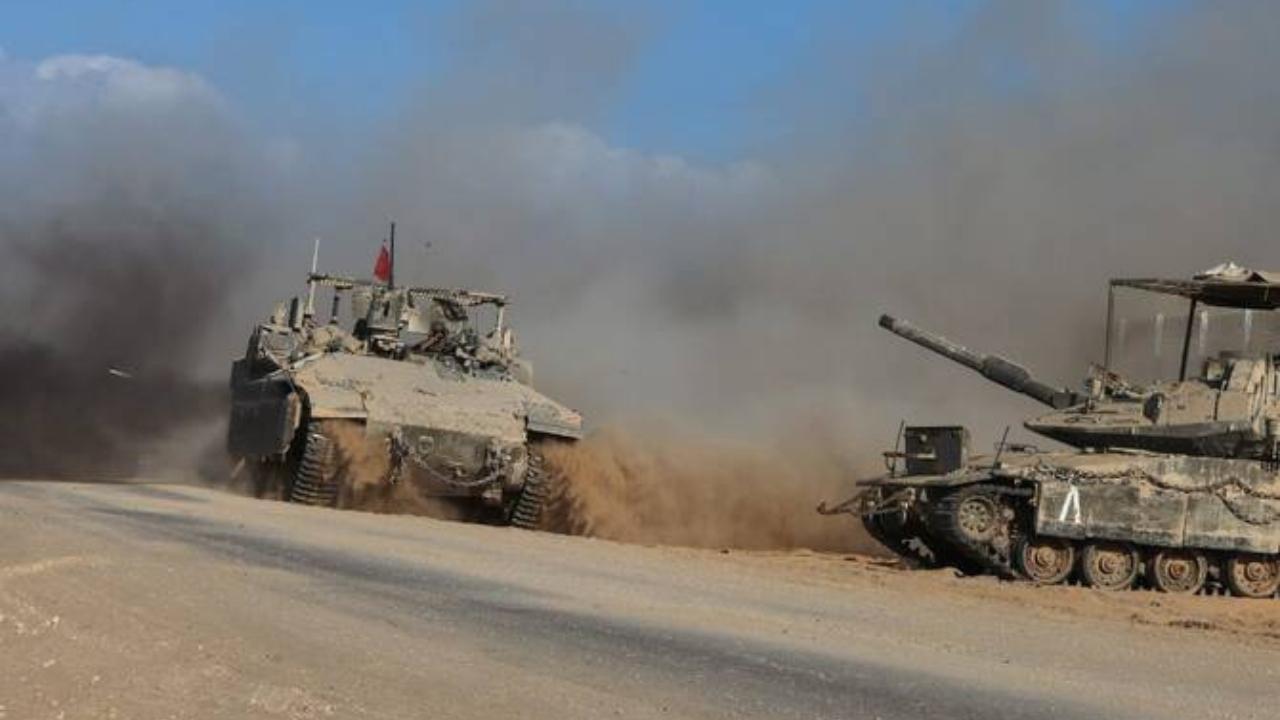
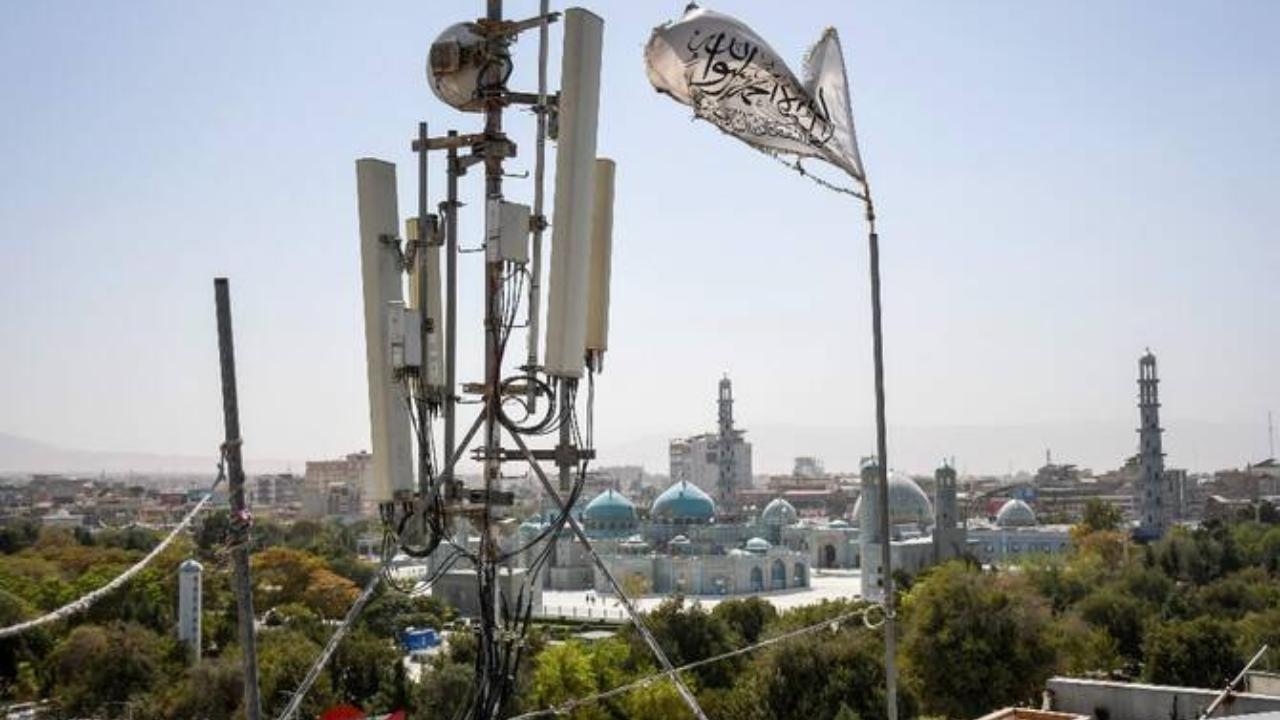

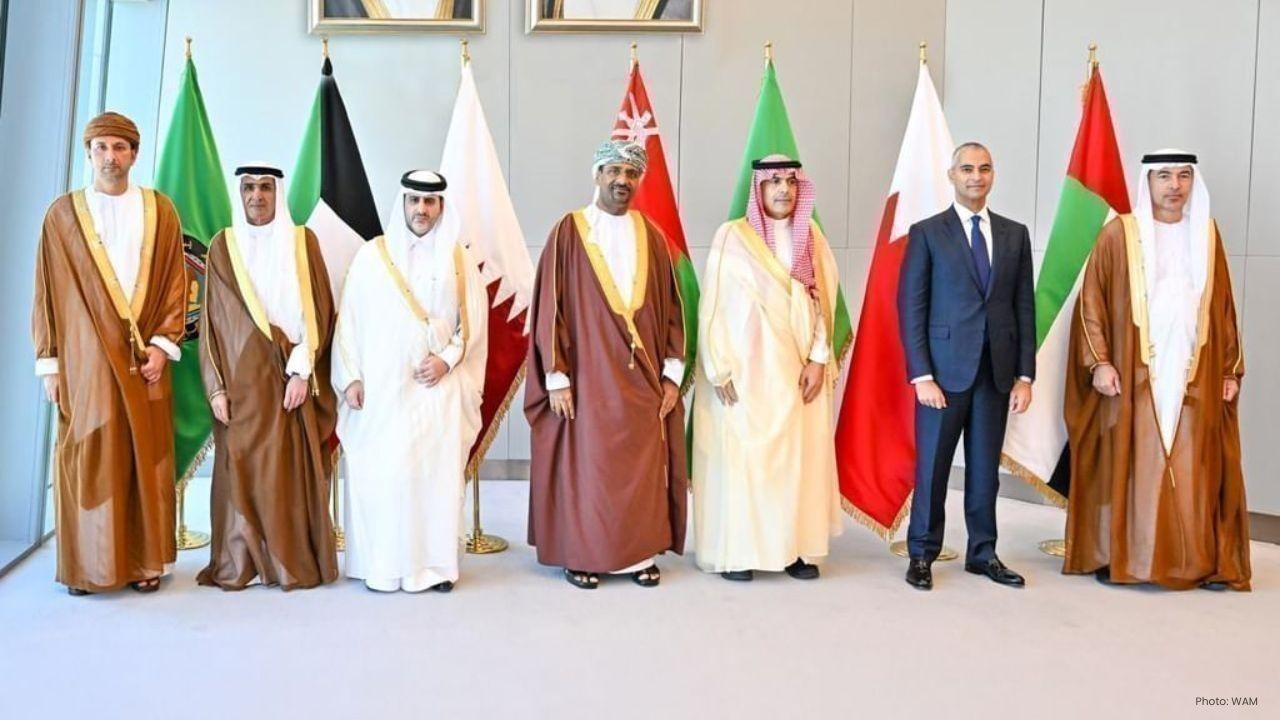



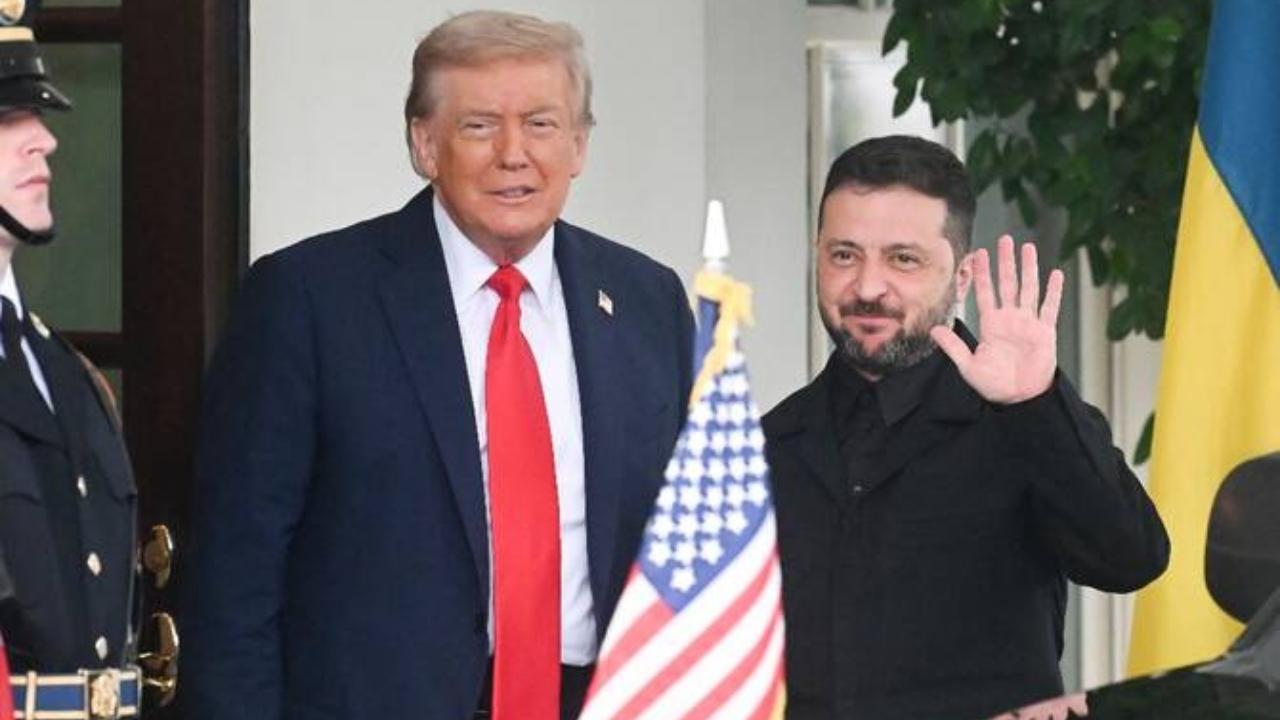
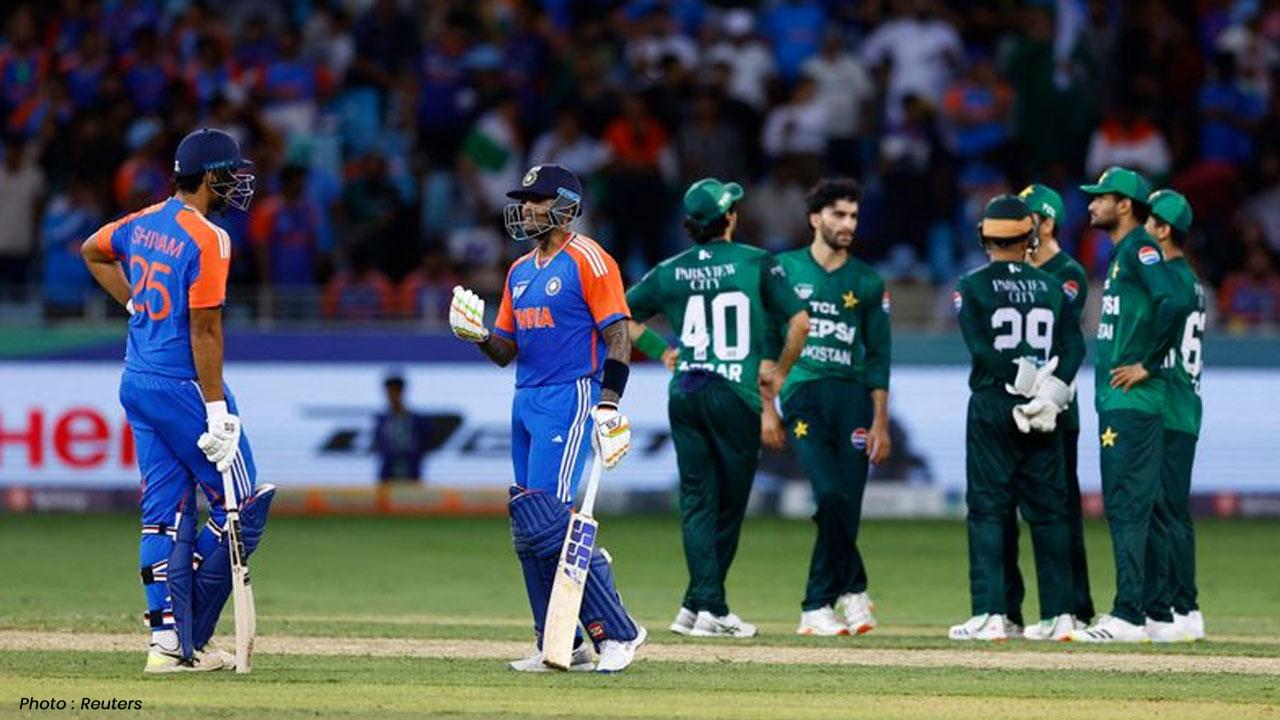

Israel Expands Gaza City Operation, Residents Told to Leave
Israel widens Gaza City operation, urges residents to evacuate soon.

Taliban Bans WiFi in Afghan Province to Stop Immorality
Taliban bans WiFi in Afghan province, citing rise in immorality.

Trump may meet Zelensky next week to push for peace talks
Trump and Zelensky may meet next week to hold fresh peace talks.

Afghan Man Gets Life Sentence in Germany for Rally Stabbing
Afghan man sentenced to life in Germany over fatal rally stabbing.

Google Gemini AI Saree Trend Goes Wrong, Users Report ‘Creepy’ Edits
Google Gemini’s Nano Banana AI saree selfies trend sparks safety concerns as some edits appear creep
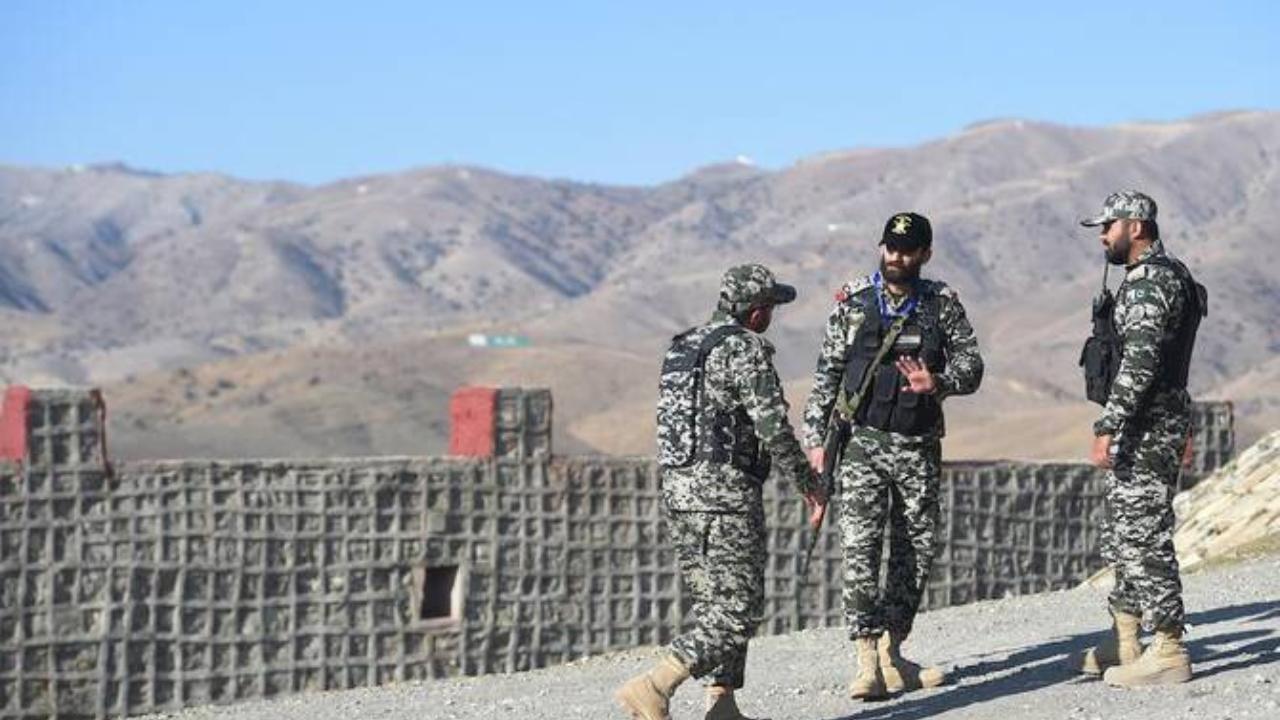
Pakistan Army Kills 31 Militants as Security Operations Rise
Army kills 31 militants amid rising presence and crackdown
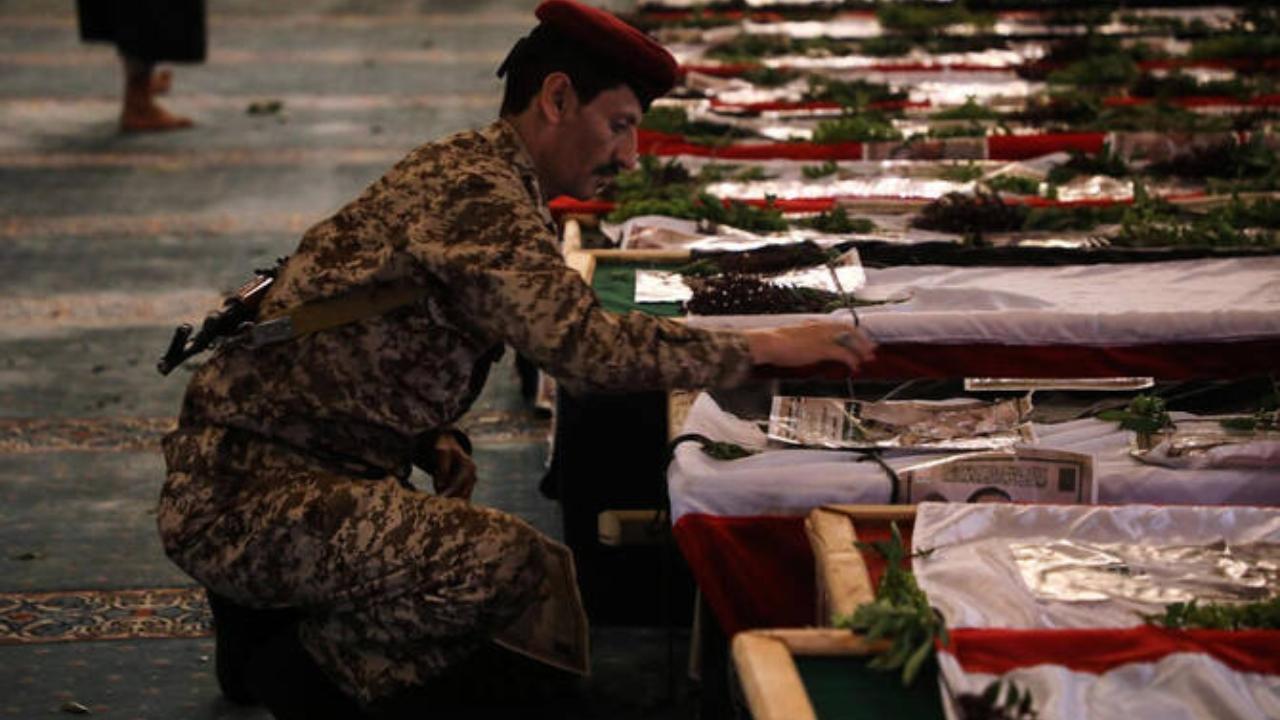
Hundreds Mourn Yemeni Journalists Killed in Israeli Airstrikes
Funeral held for 31 Yemeni reporters killed in Israeli strikes.
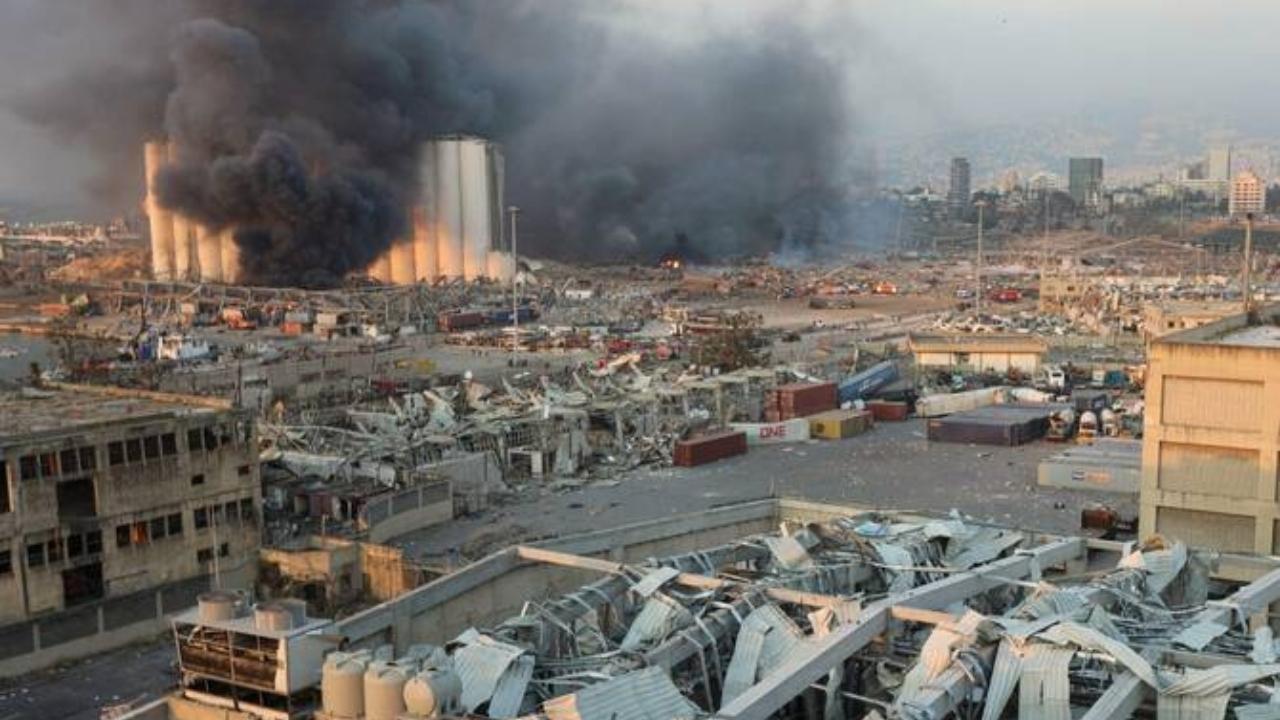
Shipowner Tied to Beirut Port Blast Arrested in Bulgaria
Owner tied to Beirut blast caught in Bulgaria after long search.